Trump is a big fan of Andrew Jackson - but the 7th president has an ugly history
Andrew Jackson was born into a religious Irish immigrant family in 1767. Due to imprecise documents from the time period, both North Carolina and South Carolina claim to be Jackson's birth state.

At the height of the American Revolutionary War, British officers captured 13-year-old Jackson and turned him into a prisoner of war. His hatred for Great Britain started after an officer slashed his cheek with a sword for refusing to polish his boots.
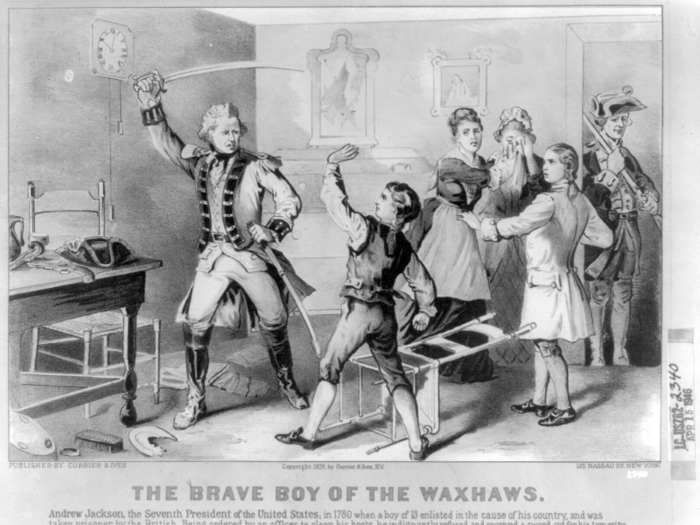
Source: The Hermitage
Known for his fiery temper and thirst for power, Jackson studied law and later served in the House of Representatives and the Senate.
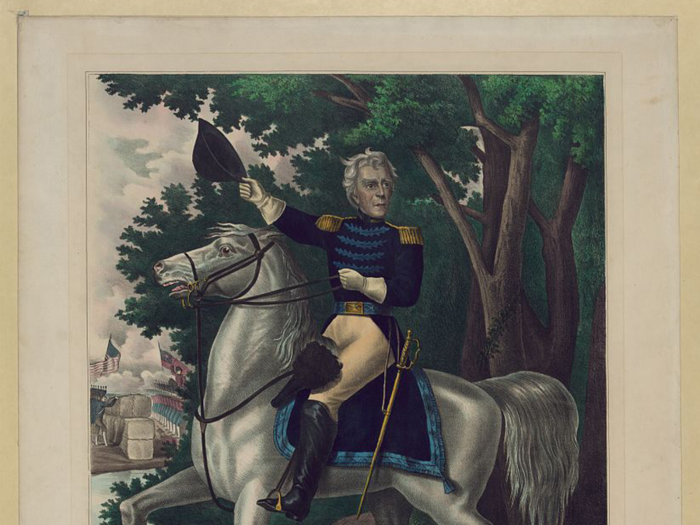
Source: History.com
After purchasing a cotton plantation in 1804, Jackson relied on slave labor to develop the land. As the plantation grew —Jackson held more than 150 African American slaves captive at the time of his death — so did Jackson's wealth.
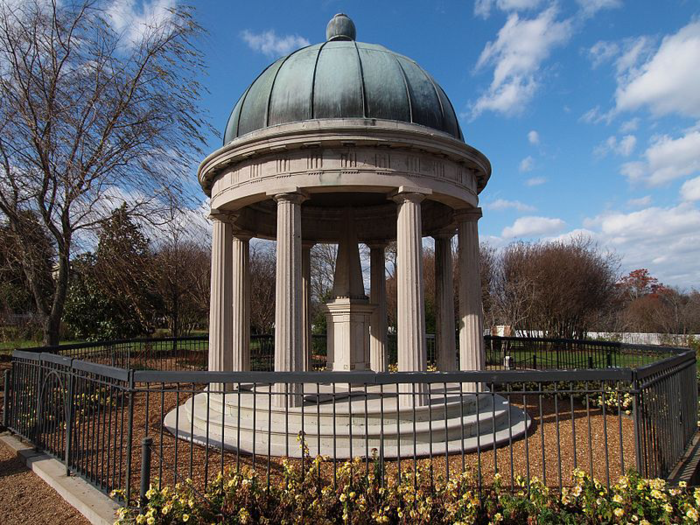
Source: The Hermitage
In 1806, Jackson shot and killed a man who wrote that he was "a worthless scoundrel, a paltroon and a coward" in a newspaper in a duel.
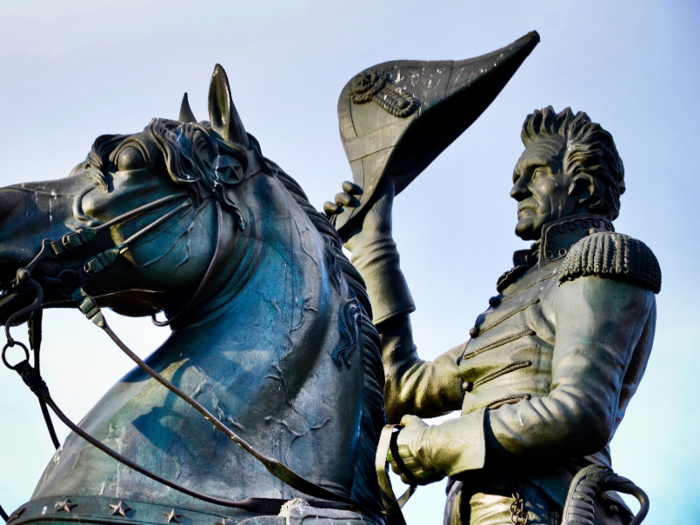
Source: History.com
Once nicknamed "the Indian Killer," Jackson waged a deadly war against the Creek Indians that caused them to surrender large parts of present-day Alabama and Georgia to European settlers in 1813.
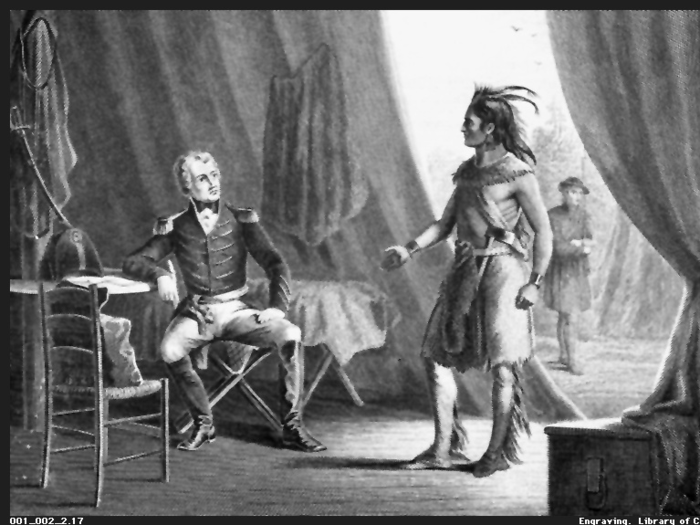
Source: Indian Country Today, The Hermitage, History Net and Encyclopedia Britannica
During the War of 1812, Jackson led a vastly outnumbered American army to victory against the British military in New Orleans. It was the last major battle of the war.
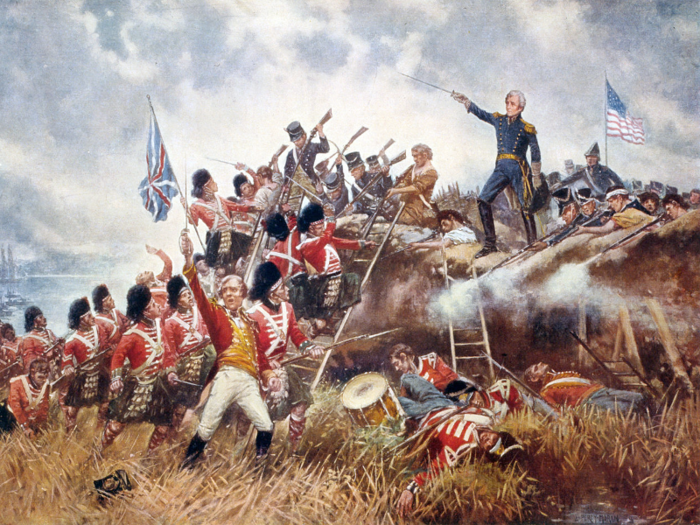
Due to his toughness as a military commander, Jackson was nicknamed "Old Hickory" by his soldiers.
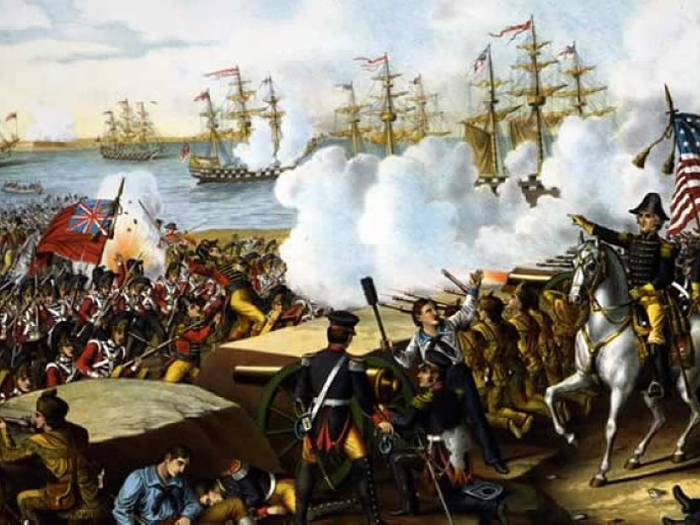
Source: NPS
In 1824, Jackson was nominated as a candidate in the presidential election. He lost to John Quincy Adams, but won the popular vote.
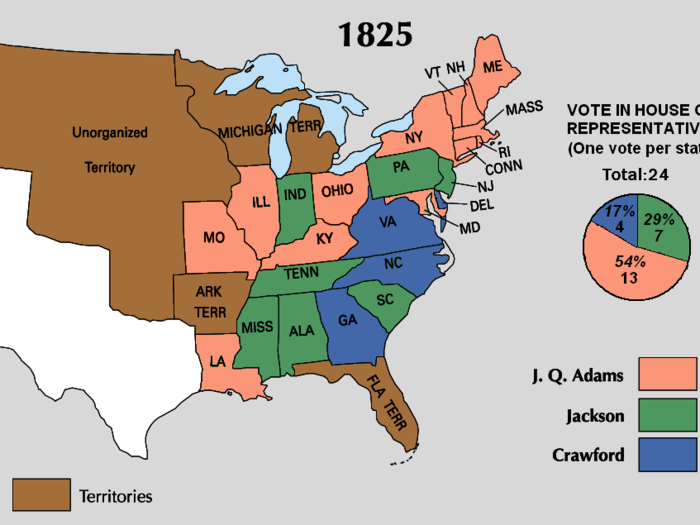
Source: History.com
Appealing to the rural population with promises to rid the government of elitism, Jackson ran against Adams again in 1828 and this time won the presidency by both the electoral and popular votes.
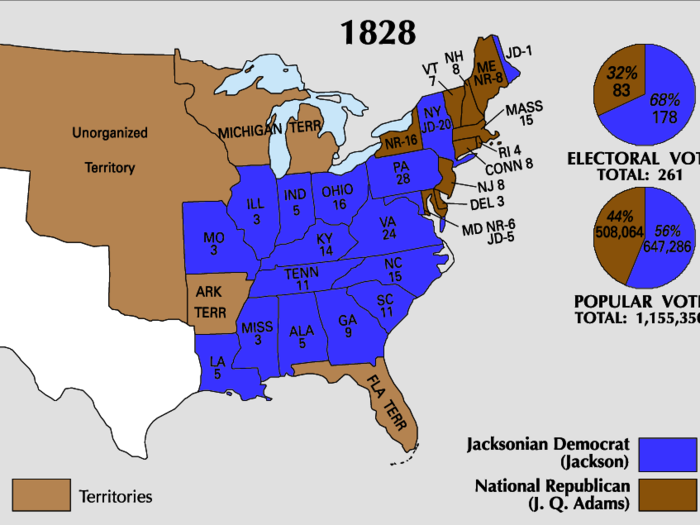
Source: Encyclopedia Britannica
To celebrate his inauguration, Jackson gathered a crowd of nearly 20,000 people at the Capitol. The drunk crowd got out of control fast and Jackson ended up sneaking out from the celebration through a back door.
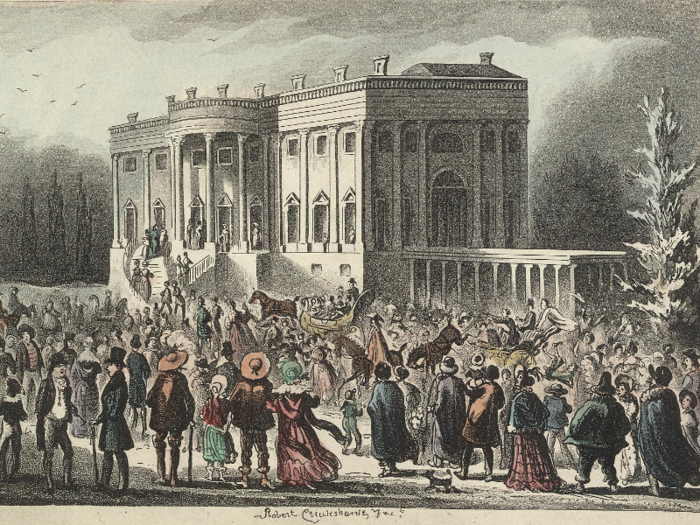
Source: Constitution Daily
As President, Jackson quickly became known for his ruthless treatment of Native Americans. He considered Native Americans who lived on this land for thousands of years to be "savages" who stood in the way of European settler expansion.
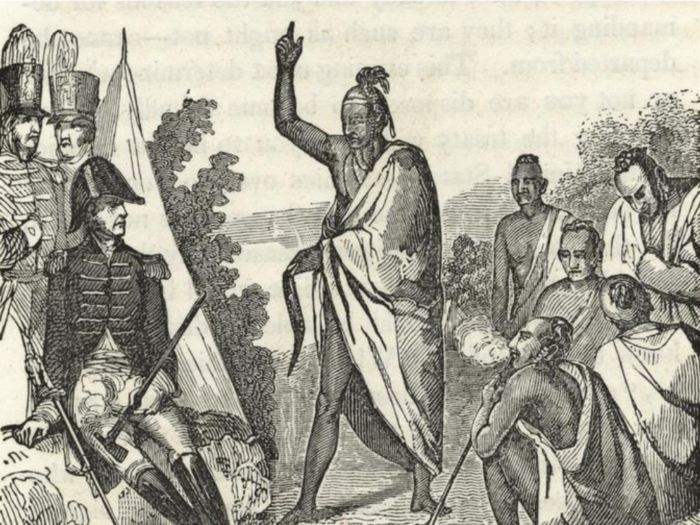
Source: Library of Congress
In 1830, he signed the Indian Removal Act, which forced thousands of people from the Cherokee, Muscogee, Seminole, Chickasaw and Choctaw nations to leave their homes in the southeastern United States and travel west.
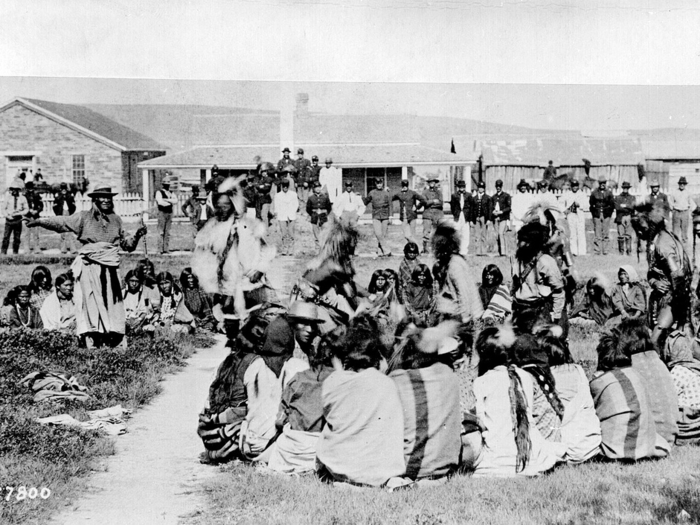
Source: Library of Congress
The Cherokee, who were forced to walk hundreds of miles to Oklahoma in the dead of winter, called the journey "The Trail of Tears."
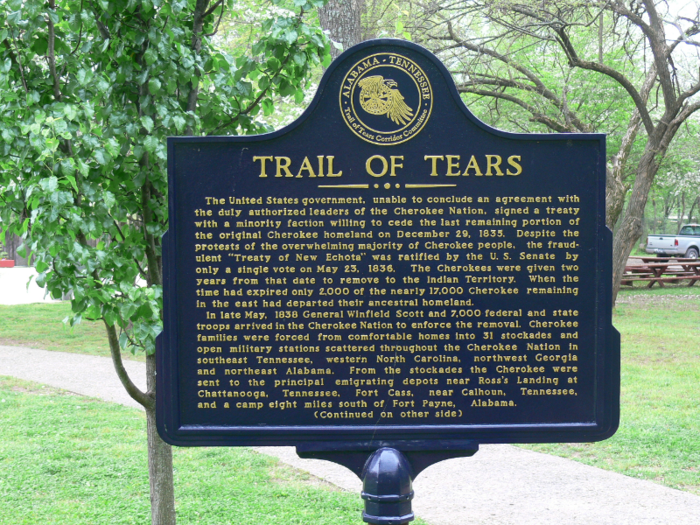
Source: History.com
Nearly 4,000 Native people died from starvation and exposure to cold on the journey.
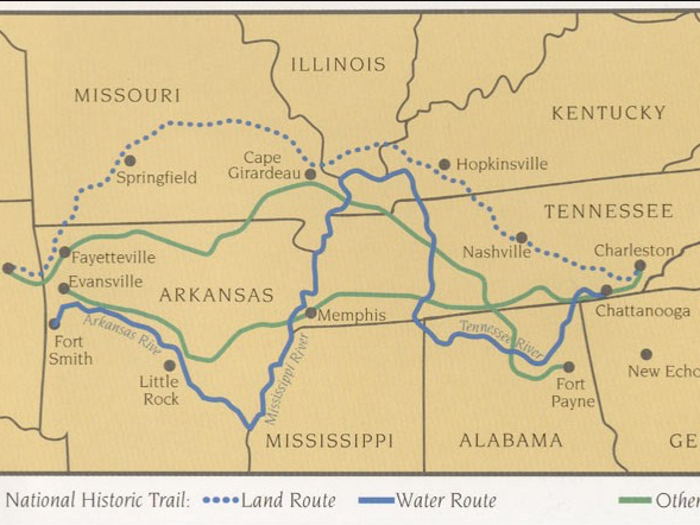
Source: History.com
Even though he promised to rid the US government of elitism, Jackson ended up bring many of his close friends and political allies into power to pass his desired bills.
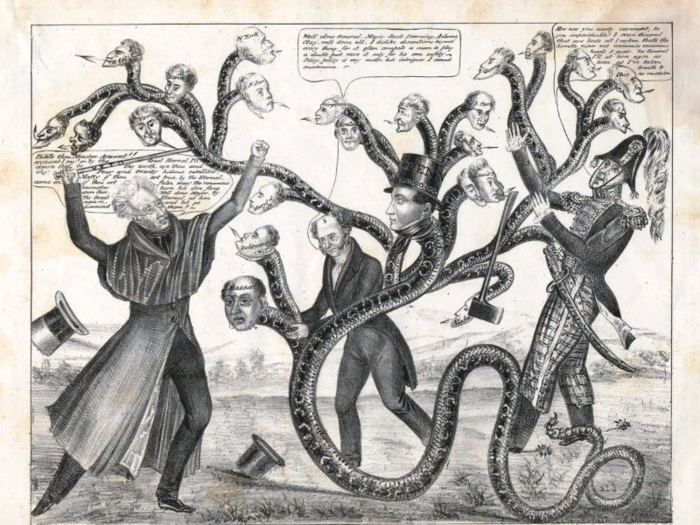
Relying on presidential veto power, Jackson essentially disestablished the Second Bank of the United States, which helped restart the country's money supply after the War of 1812.
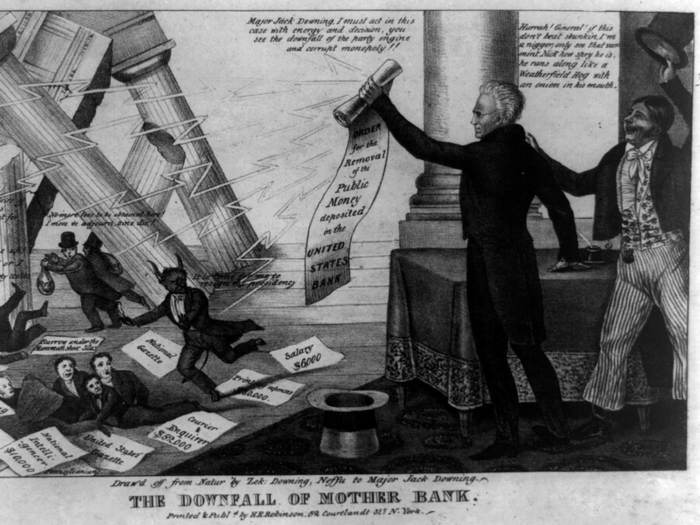
In 1835, a painter dissatisfied with Jackson's government policies tried to shoot Jackson inside the Capitol, but ended up misfiring his gun. Jackson then personally clubbed him over the head.
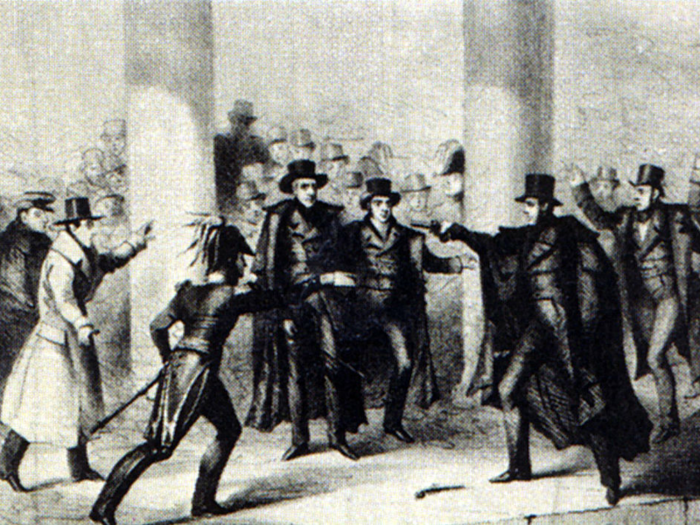
Source: History.com
After two terms as President, Jackson supported his successor and vice president Martin Van Buren in his campaign. He died at the age of 78, which was considered very old for the time.
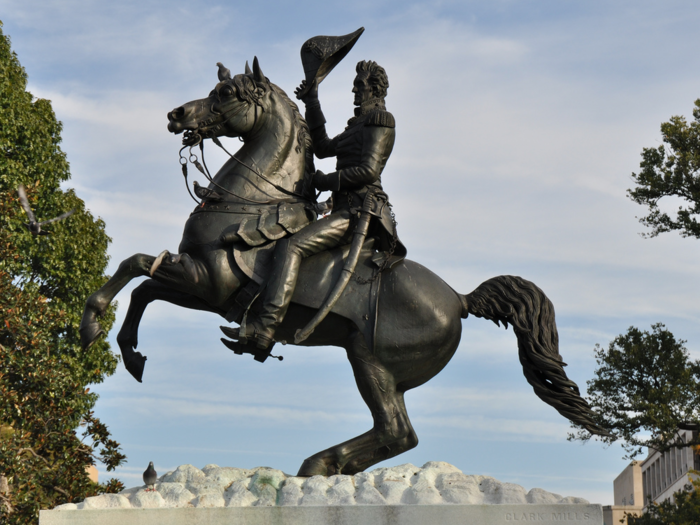
Despite his history of slave-owning and anti-Native policies, Jackson has long been featured on American currency such as the current $20 bill. In 2016, President Barack Obama moved to replace Jackson with Harriet Tubman on the bill.
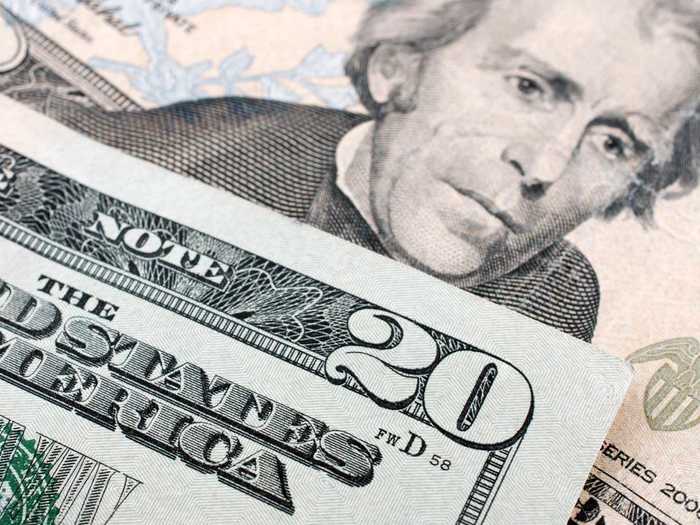
Source: US Senate and The Los Angeles Times.
Since his first days in the office, Trump and his team have held up Jackson as a role model. Five days after taking office, Trump hung a portrait of Jackson in the Oval Office.

Source: The Hollywood Reporter, The Hill and Politico
On March 15, Trump celebrated the former president's 250th birthday by visiting The Hermitage, the former slave plantation that Jackson owned. "It was during the revolution that Jackson first confronted and defied an arrogant elite. Does that sound familiar?" Trump told to the crowd of supporters in Nashville.

Source: White House pool report with the help of Washington Post reporter Abby Phillip
Native Americans have been vocal against Trump's choice to align himself with Jackson's legacy, which resulted in forced relocations and thousands of Native deaths. Along with online commentary and activism, over 2,500 gathered in protest of the White House's choice to elevate Jackson. "Jackson? The racist architect of the Trail of Tears when thousands of Native Americans died after being forced to march in the snow?" tweeted Simon Moya-Smith, culture editor at Indian Country Today.

Source: The Tennessean and Twitter
Popular Right Now
Advertisement